
Sunblock vs sunscreen: Understanding the difference between sunscreen and sunblock
Whether going to the beach or stepping out for a simple daytime chore, skipping sun protection can be a costly mistake. While building your skin's arsenal to fight against harmful UV rays, you will come across sunscreen and sunblock. Even though they both offer sunburn protection and prevent wrinkles, sunscreen and sunblock are different.
But what is the difference between sunscreen and sunblock? More importantly, sunblock vs sunscreen, which is better? Find out everything from this article.
What are Sunscreen and Sunblock?
Before understanding the difference, let's answer the question: what is sunscreen? It is the more common type of sun protection. Sunscreen absorbs UV rays from the sun and converts them to heat through a chemical reaction. Later on, the heat energy is released from the skin.
Now, what is sunblock? As evident from the name, it blocks UV rays by working as a physical shield. Unlike sunscreen, sunblock does not absorb UV rays from the sun.
In recent times, hybrid sunscreens, like our Dewy Hydrating Hybrid Sunscreen, have gained popularity by performing the roles of both - working at a chemical and physical level to provide maximum sun protection.
Sunblock vs Sunscreen - Basic Difference
The major difference between sunscreen and sunblock is evident in the way they offer protection from dangerous UV rays. Sunscreen contains chemical compounds to absorb UV rays before your skin. But sunblock literally blocks UV rays.
While understanding the sunscreen and sunblock difference, you should note that the first one protects against UVA rays while the latter one deals with UVB rays. UVA rays cause skin damage, and UVB rays usually cause sunburn. But several sunscreens and sunburn can prevent both sunburn and wrinkles.
One of the major sunblock and sunscreen differences is found in their application method. Sunscreen needs to be rubbed in because it won't work unless your skin absorbs it. But since sunblock works as a physical barrier, you can simply slather it on your skin.
But sunblock needs to be evenly spread throughout your skin. After applying sunscreen to your skin, it will disappear completely. But sunblock leaves a white cast on the skin after application.
Sunblock Ingredients
The primary ingredient found in sunblock is usually zinc oxide or titanium dioxide. It makes sunblock seem thicker, and you are usually unable to see through it. Due to its thick nature, people often find it difficult to evenly spread sunblock on their skin.
Sunscreen Ingredients
Sunscreen contains various organic chemical compounds. Some active ingredients found in sunscreen include avobenzone or oxybenzone. Sunscreen also contains ingredients like para-aminobenzoic acid.
Sometimes fragrances or oils are also added to sunscreens. But you might want to avoid them. Some sunscreen also comes with a natural or chemical insect repellent.
Which Is Better, Sunscreen or Sunblock?
Now, let's come back to the age-old question of which is better, sunscreen or sunblock? We can't give you the right answer because it does not exist. Both sunscreen and sunblock have their advantages and disadvantages. So it will depend on your individual preferences.
Sunblock is commonly used by people who are allergic to the ingredients found in sunscreen. The absence of chemical ingredients in sunblock can keep irritation at bay. Therefore, sunblock is more suitable for people with sensitive skin.
Are There Any Side Effects of Sunscreen and Sunblock?
If you choose the right sunscreen, you are unlikely to face side effects. You should consider your skin type before choosing a sunscreen, particularly if you have sensitive skin. Choosing the wrong sunscreen can also increase oil production and trigger acne.
You might also suffer itching and skin irritation for choosing the wrong sunscreen. Sunblock usually does not have too many side effects because of its composition. But once again, choosing the right product for your skin type is crucial.
Conclusion
Your preferences will determine the winning party in the debate of sunblock vs. sunscreen. Fortunately, both sunscreen and sunblock can offer you sun protection. If you need sun protection, The Pink Foundry has sunscreens for all skin types! Shop now and roam under the sun for long hours without any worries.
FAQs:
1.Do I need to use sunscreen every day?
Whenever you are stepping out, you must apply sunscreen. It will offer sun protection and prevent premature ageing of the skin.
2. Can I have an allergic reaction from wearing sunscreen?
Some chemicals found in sunscreen can trigger an allergic reaction. Before purchasing sunscreen, read the label and find out about its ingredients. This way, you can avoid any product that will cause itching, irritation, or breakouts on your skin.
3. What are the disadvantages of sunblock?
Sunblock can help prevent premature ageing and sunburn. But sunblock is difficult to even out on your skin and can leave behind a white cast. Wearing sunblock can also cause stickiness and even irritation in some skin types.
4. Should I wear sunscreen at night?
You might think that sunscreen is necessary only when you are out in the sun. But all your smart devices are also responsible for emitting harmful UV rays. So you should wear sunscreen even during the night or when you are inside your home.






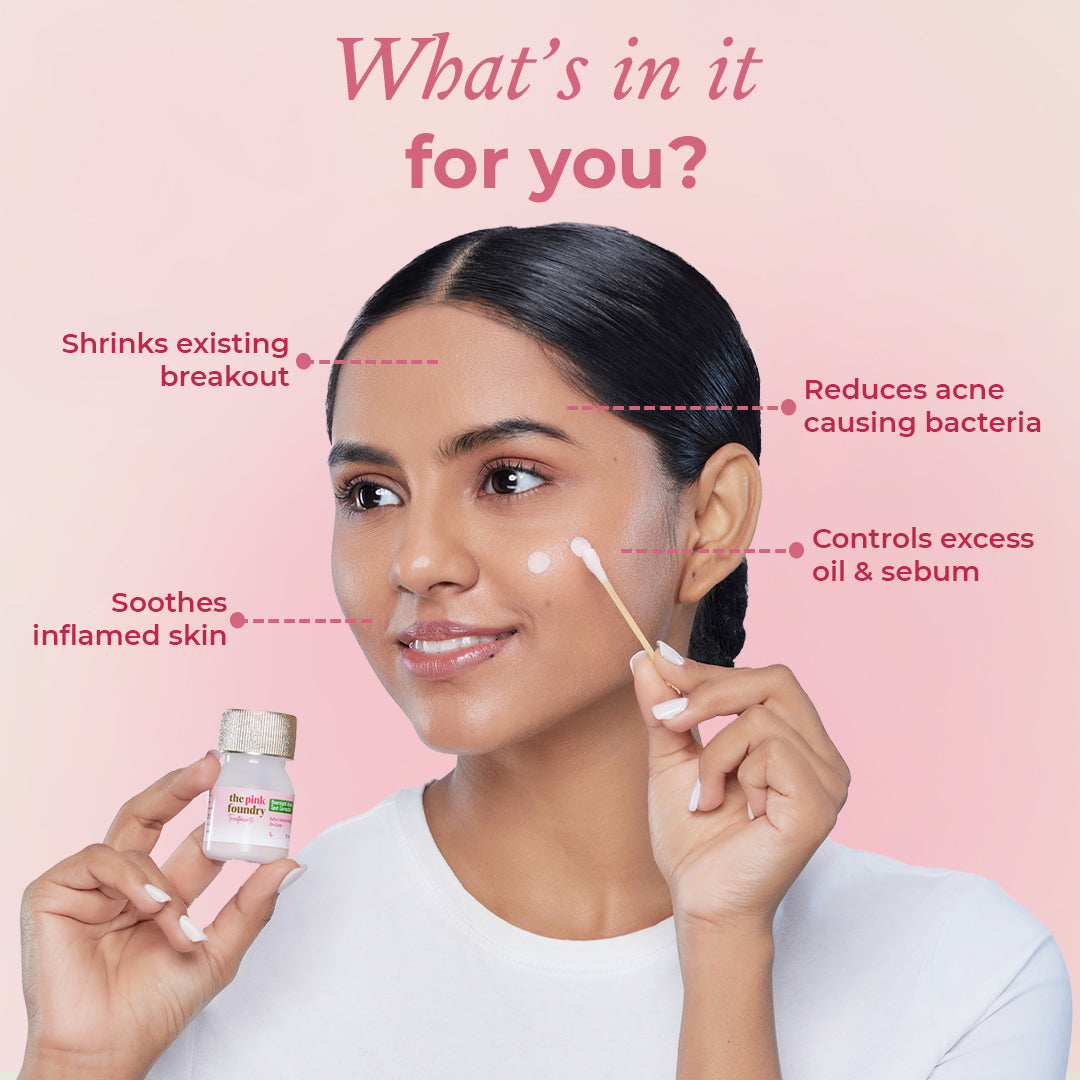
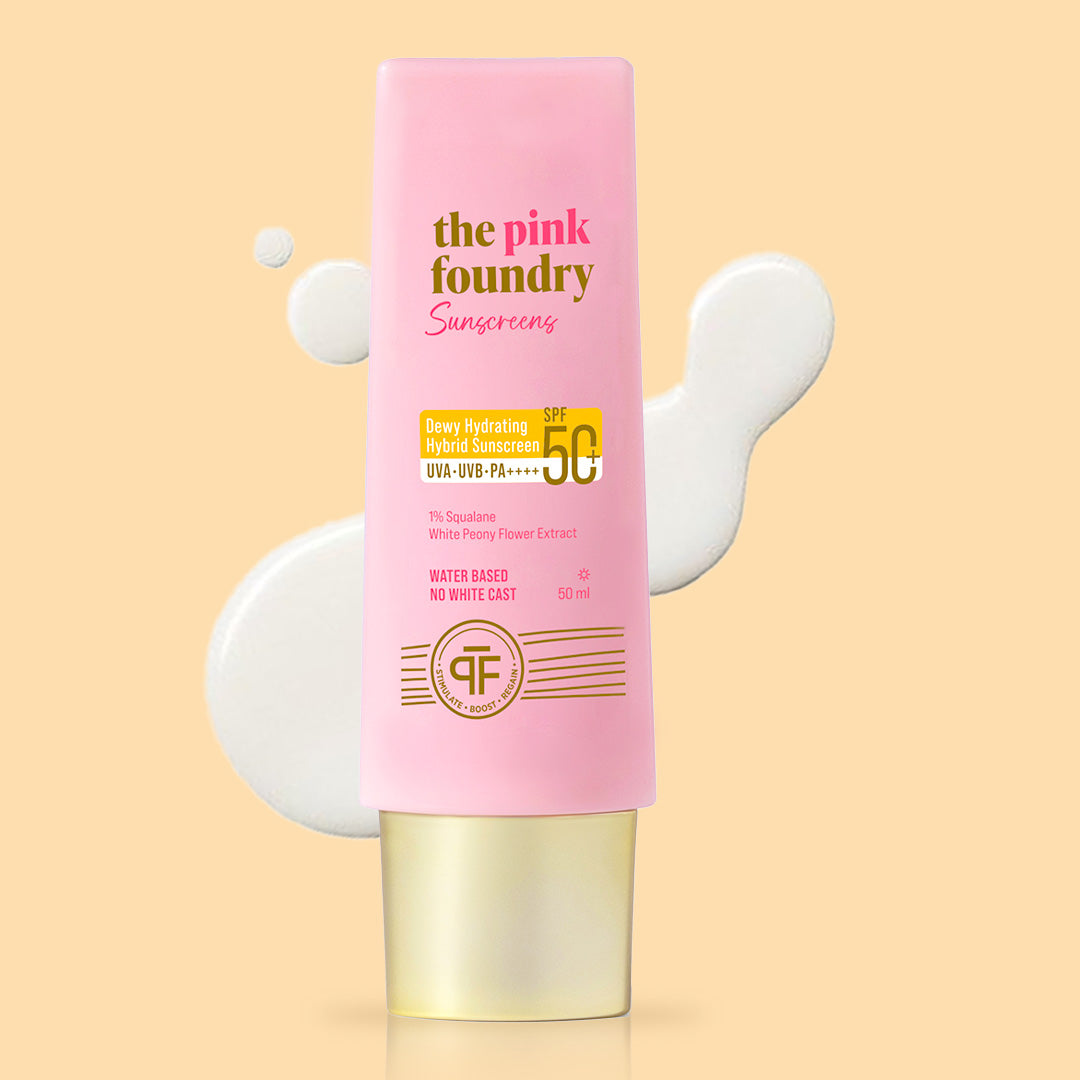
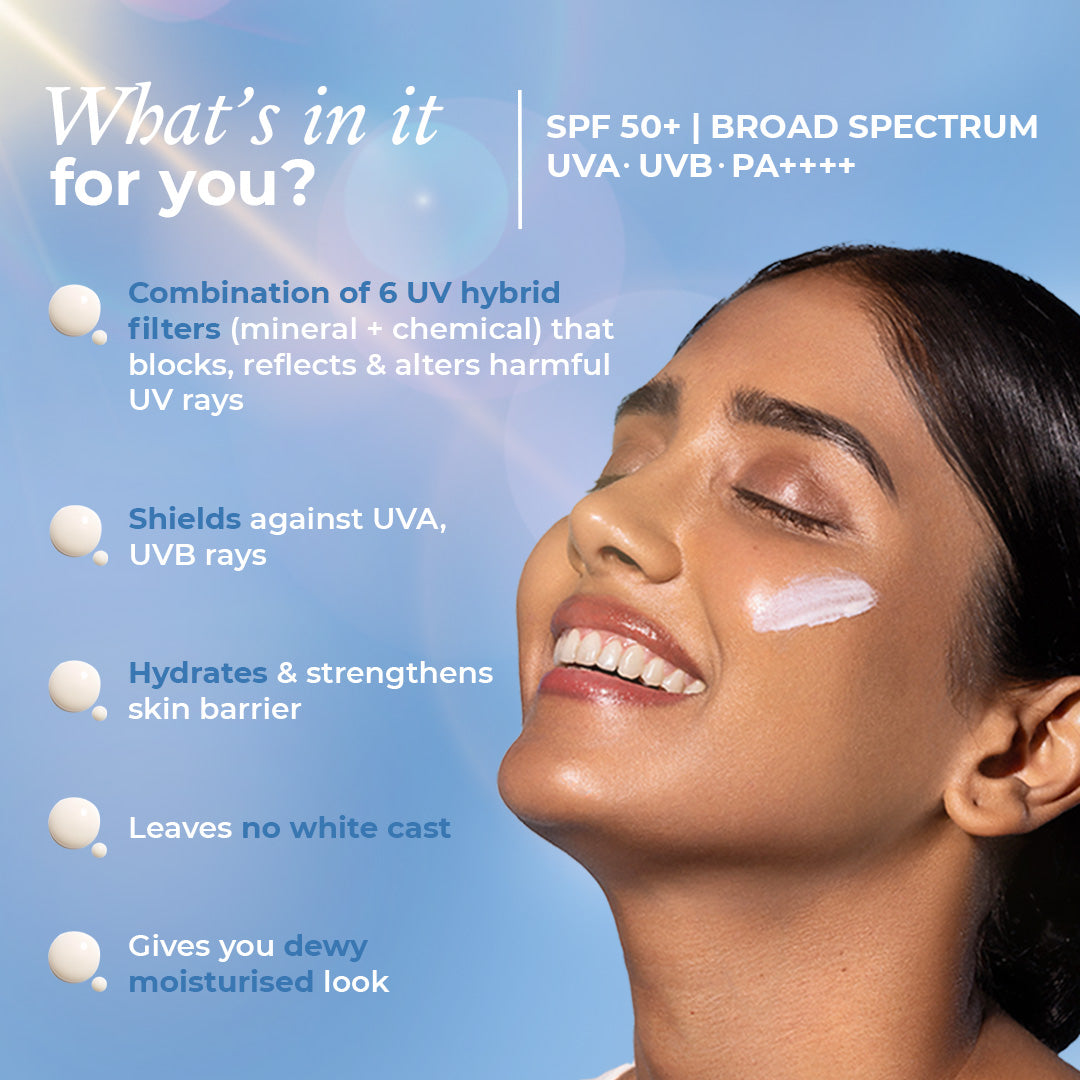


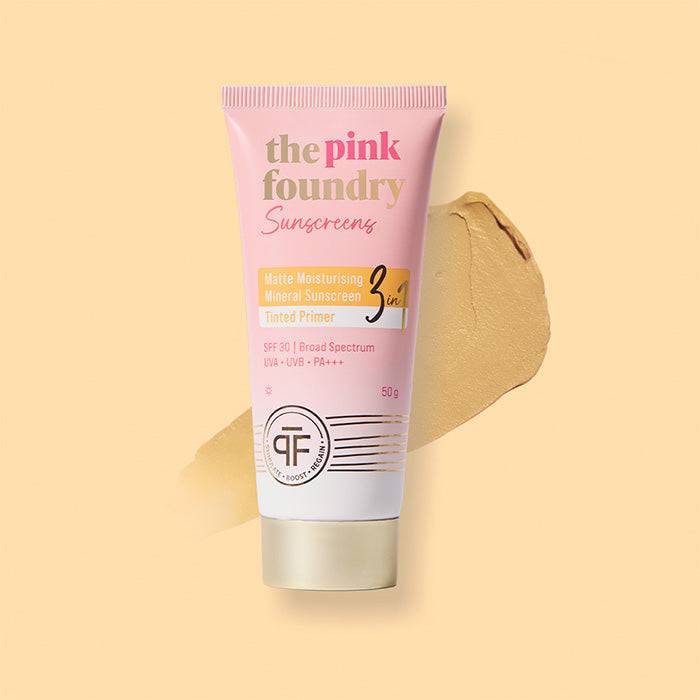
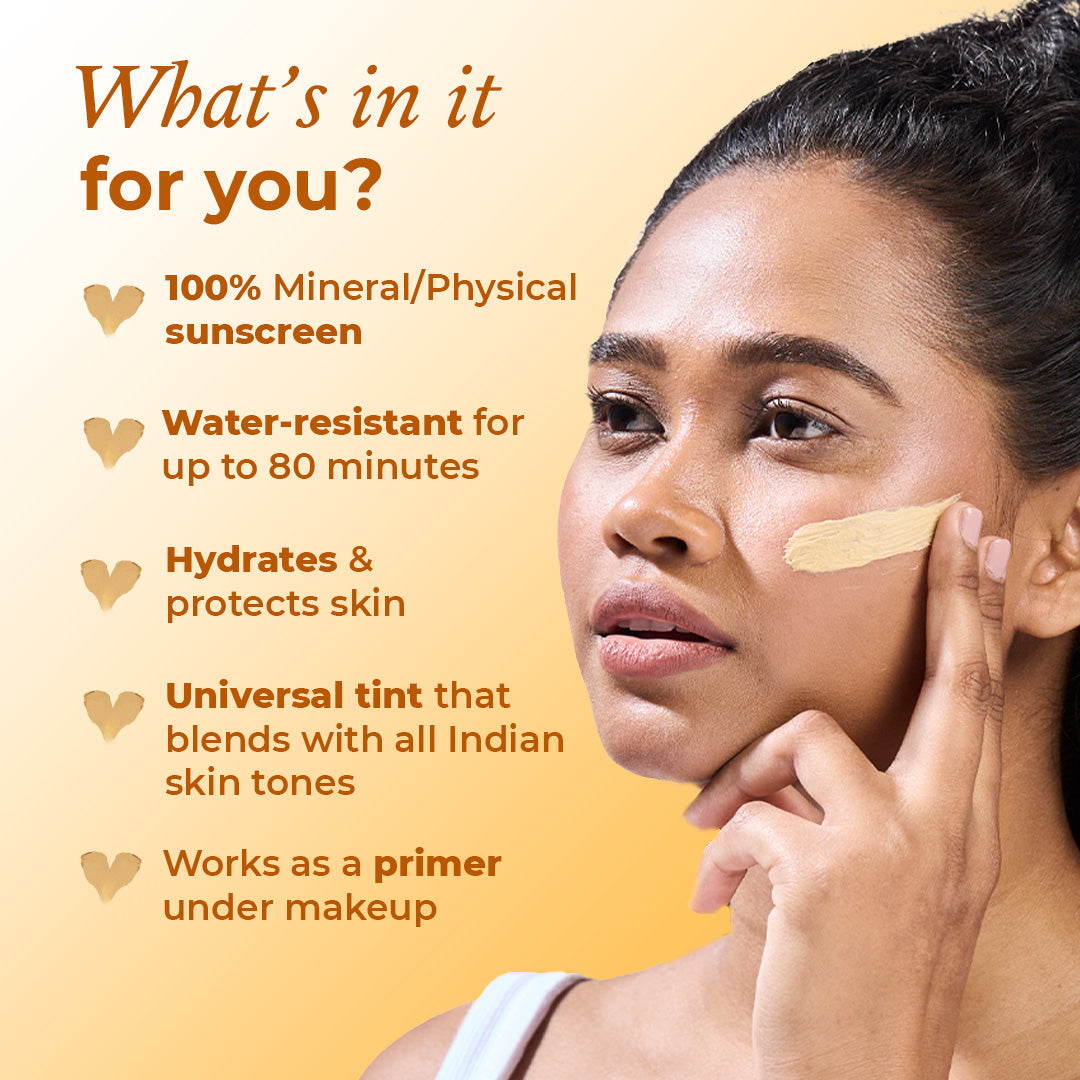



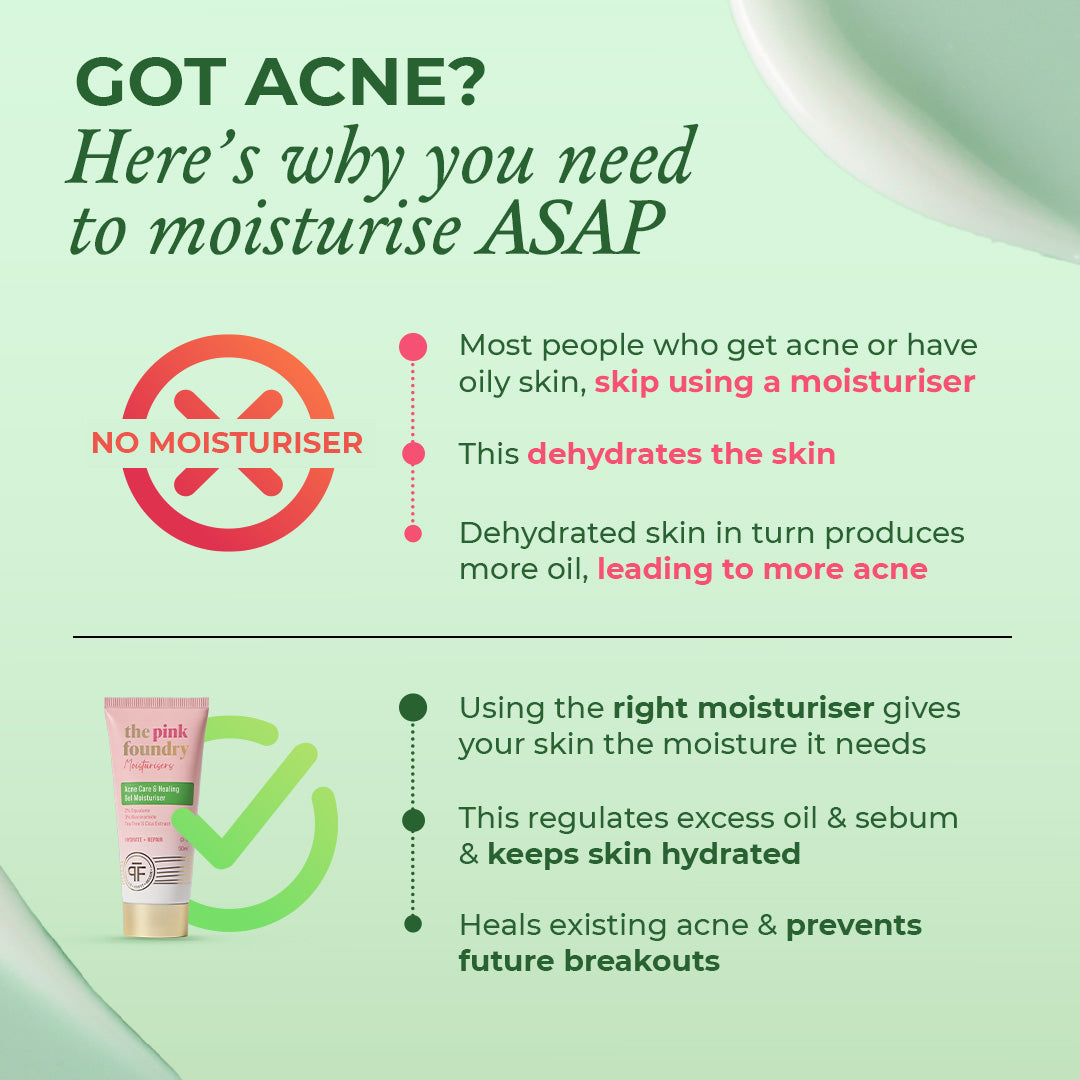
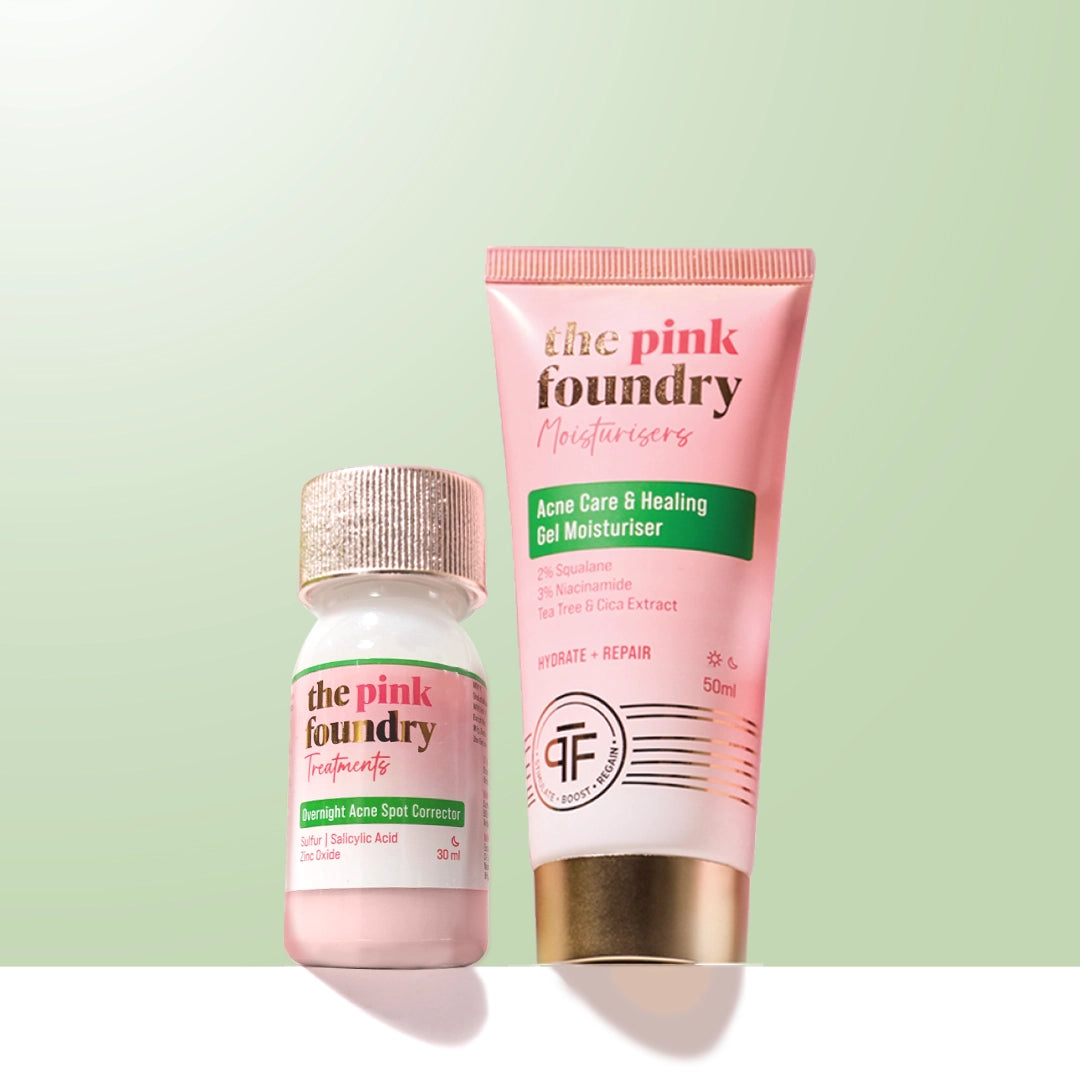
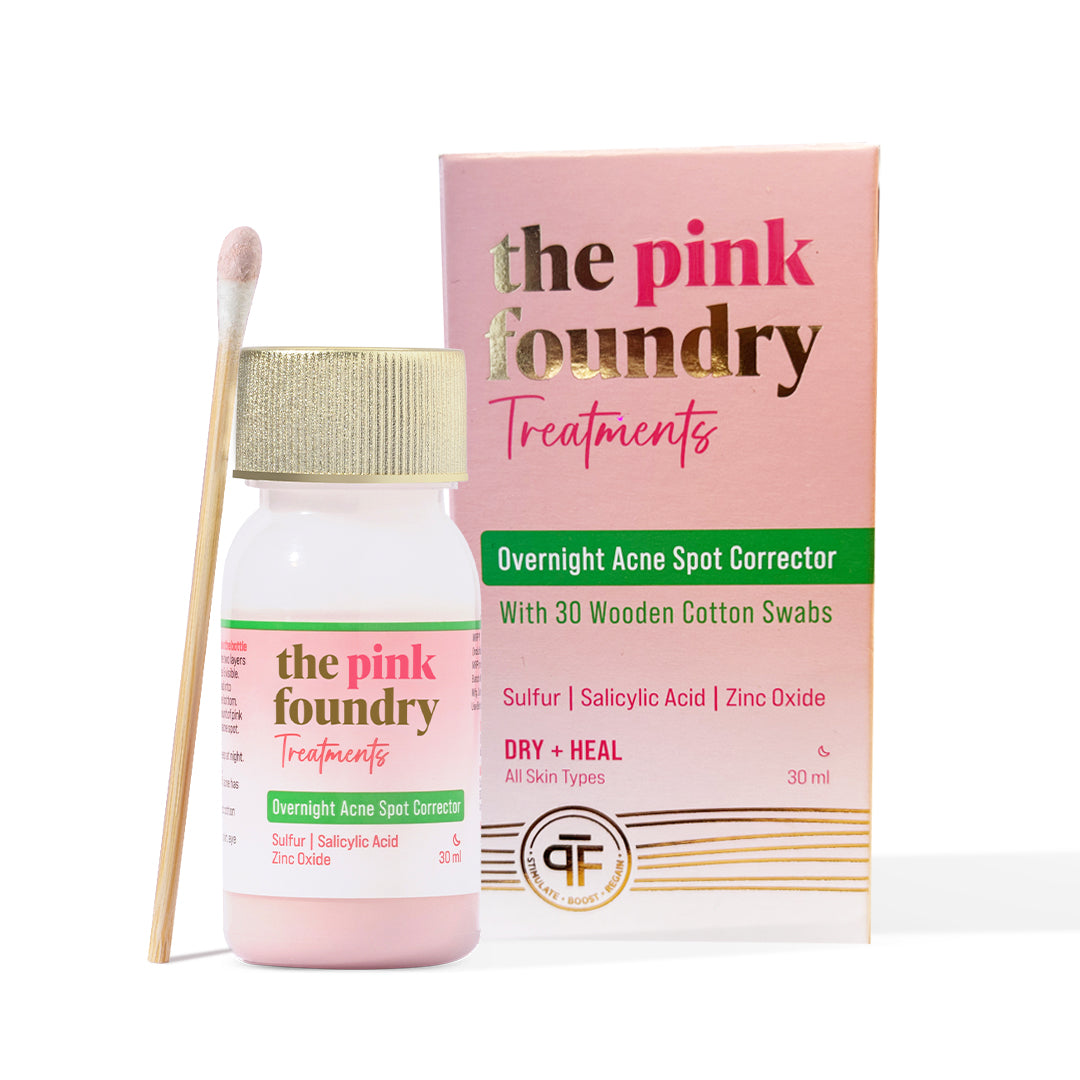
Leave a comment
This site is protected by hCaptcha and the hCaptcha Privacy Policy and Terms of Service apply.